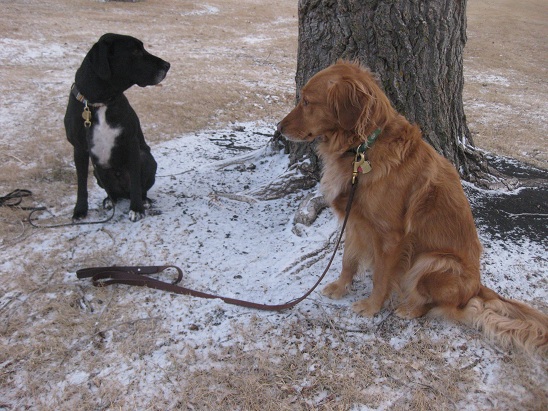When rescues make poor choices
Maybe you’ve been donating your time or money to a dog rescue organization for years. It was nice at first because you weren’t too heavily involved. You were able to assume everything the group did was wonderful.
But if you’re like me, you love dogs and you wanted to do even more. So you became more involved. You gave even more energy.
If you spend enough time with any animal shelter or any rescue group, you are going to find flaws. Heck, if you look at anything close enough, you are going to find flaws.
So what do you do when you find out your beloved rescue organization is not so perfect?
Do you continue to donate? Do you offer a solution? Do you move on and support another group?
I ask because these are tough questions for me, too.
The flaws in a dog rescue group could be anything.
Maybe the group’s leadership is unorganized. Maybe the adoption process gets bottlenecked. Maybe there is little communication between the volunteers and the potential adopters. Maybe there is no consistent screening process for determining aggression in dogs.
Maybe the dogs who need the most help are warehoused in boarding kennels with minimal training, socialization and exercise. Maybe you make a donation, and eight months later the group still hasn’t cashed your check. Maybe the group deletes genuine, constructive criticism from its Facebook fan page.
These are examples I see in some of the rescue groups in my town, but they are problems that exist everywhere.
I choose to believe that most rescue organizations are doing more good than bad, but I also believe they could all do much better.
The excuse is always the same.
We don’t have enough time/money/support/volunteers/space/______.
“We don’t have enough” is an excuse, and it’s putting the blame on the community rather than the group’s lack of action.
You don’t have enough time? Recruit a dedicated volunteer to take on more leadership.
You don’t have enough volunteers? Ask for help with specific projects.
People want to help. They just need to know how.
I support all the established rescue organizations in my community in one way or another, but I do not agree with everything they do. This has been a challenge for me, sometimes leading me to question whether or not to support certain groups.
If you see a problem, take action!
Complaining does not do anything to help the dogs and cats. Blaming someone else doesn’t help, either.
So my suggestion to you, frustrated volunteer, is to take action.
Reach out to someone in charge, acknowledge the problem (without blame) and offer a solution.
Acknowledging a problem is not helpful unless you offer a solution.
If the leadership gives you resistance, try again. And then try a third time, pitching your idea to someone else in the group. Find a few other volunteers who agree with you, and come up with a plan of action together.
Don’t get hostile. Be open and respectful, and plan on some kind of compromise.
Remember that most rescue groups are led by volunteers who have a passion for animals, but they do not necessarily have business experience. They probably have full-time jobs and families. And like you, they also feel under appreciated for their time, financial contributions and ideas.
After multiple attempts, if there is still resistance, then maybe it is time to move on. There will always be another rescue group or shelter out there that will welcome your ideas and will gladly accept your time, creativity and talent (and of course, your cash).
I don’t recommend a major “falling out” if you decide to no longer support a certain group. The overall goal here is to help the dogs, even if one rescue group does not agree with a decision made by another. Cutting off all communication with a group is not going to help the dogs.
On the other hand, if the group is lying to the public, abusing dogs or killing dogs for no reason, then of course you need to speak out even if that means destroying a friendly relationship.
If you have a specific example about a time you disagreed with a rescue’s decision or policy, I’d love to hear about your experience. What did you do about it?
What ideas do you have for compromising with a local dog rescue organization?
Discuss this issue further on That Mutt’s new dog discussion forum.
Here is Ace on a walk with one of his best friends, Buddy!

